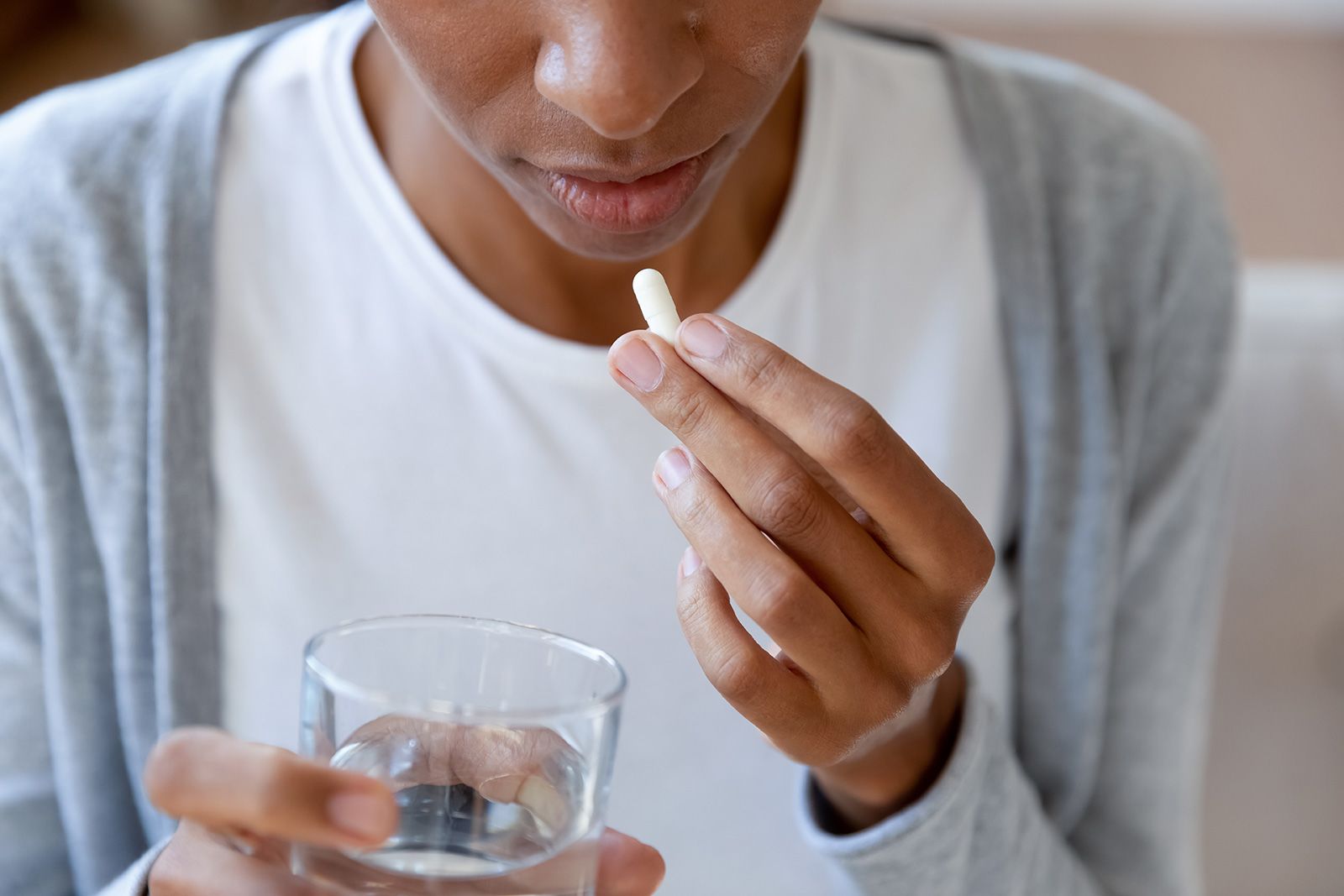Menopause has historically been viewed as an inevitable phase of life for women — but what if there was a way to prevent the uncomfortable symptoms like hot flashes, night sweats, and mood swings?
In New York, researchers are confident they’ve discovered a solution.
Scientists at Oviva Therapeutics claim to have developed an injection that could potentially delay menopause indefinitely.
Menopause typically occurs between ages 45 and 55 when levels of reproductive hormones such as estrogen, progesterone, and anti-Mullerian hormone (AMH) decline.
“This drug couldn’t just delay menopause, it could actually prevent it,” explained Dr. Daisy Robinton, a molecular biologist at Oviva Therapeutics, in an interview with the Daily Mail.
The injection works by boosting AMH levels, a hormone produced in the ovaries that plays a crucial role in ovulation. By doing so, it has the potential to halt the onset of menopause altogether.
“AMH hormone controls the amount of lag time until menopause and actually acts as a brake in females,” Robinton explained at the Livelong Summit in Florida.
“We could use AMH to slow the loss of ovarian reserve [number of eggs in the ovaries] and extend the runway to menopause.”

The breakthrough treatment, administered every few months, is currently undergoing safety testing in rodents and could progress to human trials in the coming years if proven effective.
However, if approved for human use in the future, the treatment may come at a steep cost due to the extensive research involved, potentially reaching six figures.
While the researchers have not highlighted any adverse effects associated with the injection, they contrast it with hormone replacement therapy (HRT), which alleviates menopausal symptoms by boosting estrogen and progesterone levels but does not delay menopause.
HRT has been linked to increased risks of cancer, blood clots, and stroke.
Dr. Robinton emphasized the broader health implications of menopause beyond fertility. “Our ovaries and a woman’s body are really the seat of health in many ways — the hormones that they produce provide a sort of homeostasis or consistent quality of life during a woman’s reproductive years,” she told.
She noted that after menopause, women face heightened risks of cardiovascular disease, declines in cognitive health, increased anxiety, depression, mood disorders, and sleep disturbances.
The research represents a significant step forward in women’s health, potentially offering a novel approach to managing menopause and its associated health risks in the future.
